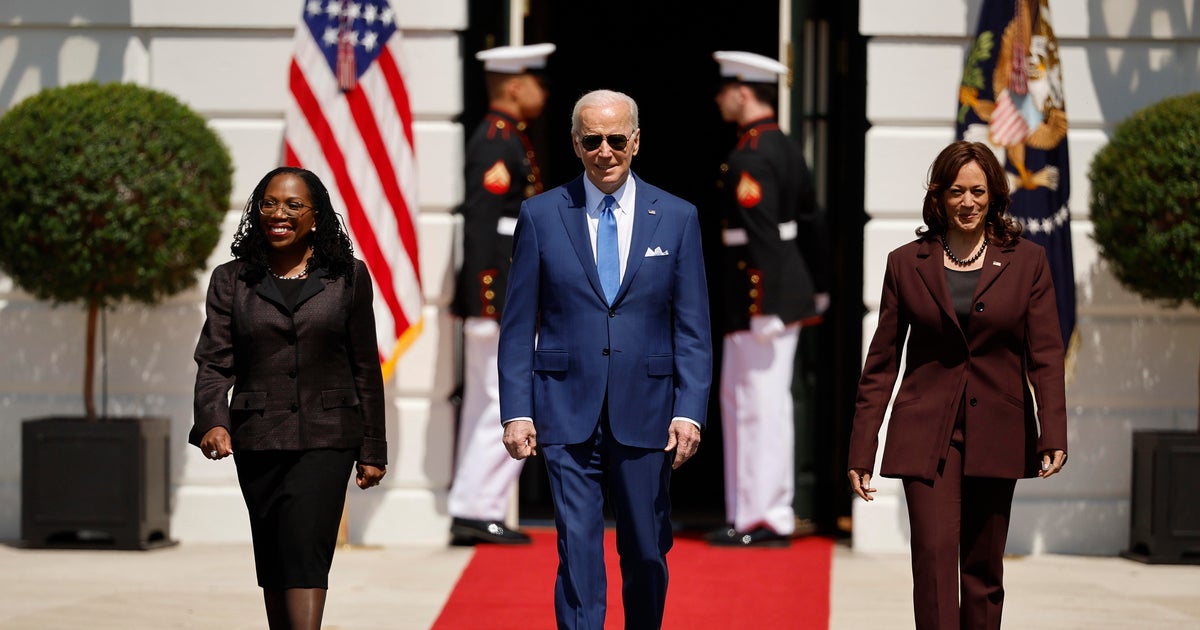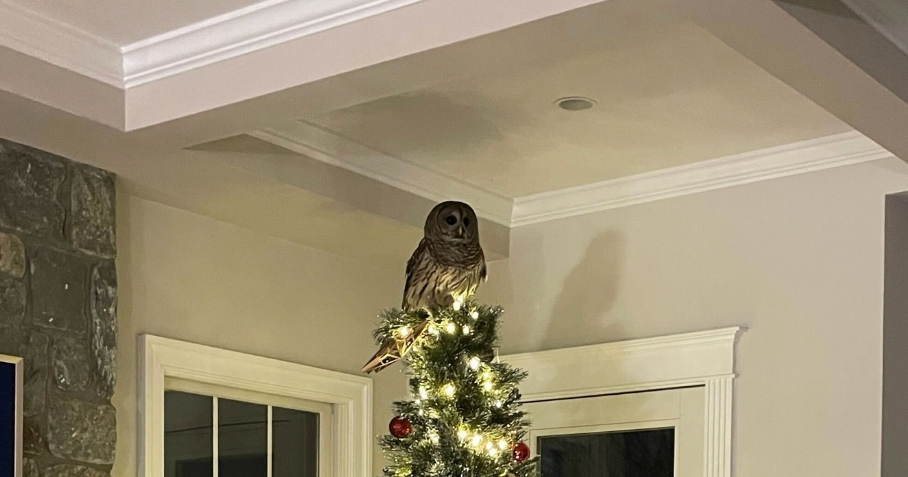Home of first lesbian couple to legally marry in San Francisco will become landmark
The home of the first lesbian couple to legally marry in San Francisco will soon become a landmark. The city's Board of Supervisors voted unanimously to grant 651 Duncan St. that designation on Tuesday.
Late lesbian activists Phyllis Lyon and Del Martin owned the home. They bought the one-bedroom house in 1955. It soon became an unofficial office for the Daughters of Bilitis, a political and social organization for lesbians the couple founded that year.
"They provided a place for lesbians who were really, really, really in the closet to hang out and dance, have holiday potlucks so they wouldn't have to go home and hang out with their homophobic relatives," Shayne Watson, an architectural historian who specializes in LGBTQ heritage conservation, told the Associated Press. Watson played a role in helping to get the home landmarked.
"The Daughters of Bilitis didn't have an office space, so 651 was really ground zero for the lesbian rights movement at the time. It was a place where people could be safe and reveal their sexuality," Terry Beswick, executive director of the GLBT Historical Society, told the Associated Press.
Lyon met Martin while working at a magazine in Seattle. The couple moved to San Francisco in 1953 and were together for more than five decades. The two were married in 2004 before a small group of city staffers and friends, becoming a public face of the movement to challenge California's marriage laws.
At the time, it was illegal in the state for same-sex couples to marry. Then-San Francisco Mayor Gavin Newsom, who is now governor, nonetheless issued marriage licenses to same-sex couples.
Martin died in 2008, while Lion died in 2020. Their home was left to Martin's daughter, Kendra, who sold it last September.
The Friends of Lyon-Martin House formed soon after the sale in hopes of preventing the home from being demolished. Its current owner is supportive of the house becoming a landmark.
The group is hoping to issue a proposal within six months requiring a sidewalk plaque. Some members hope the home will be turned into a student residency, public research facility and center for LGBTQ activism and history.





